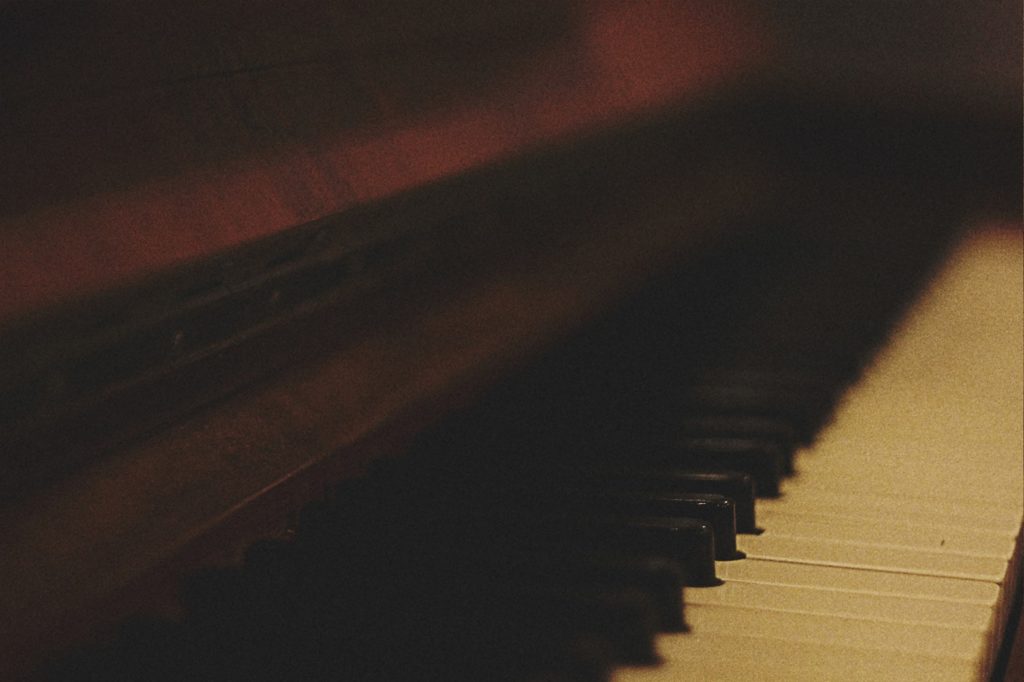
Mozart had a remarkable ability to focus on the essence of every musical form and/or instrument that he tackled. What I most admire about his work is that he has an endless stream of new ideas that never allows one to reminisce on the last one for fear of missing a new one.
Most composers, even the very greatest, are bound by a fundamental affinity for a certain instrument: for Bach it’s the keyboard, most specifically the
organ, for example.
Everything he wrote, even his most beautiful vocal music, if you listen to it carefully, is essentially grounded in the
keyboard and its contrapuntal possibilities.
Handel is the opposite, his music is
ruled by the human voice. With Vivaldi it’s the
violin, and its range of possibilities. With Debussy and Berlioz, the essential instrument is the orchestra itself. Beethoven is most obviously a composer who thinks of everything in terms of the keyboard; Liszt could transcribe all the Beethoven symphonies for the
piano, but he is on the record as saying he could not even attempt to do the same with the Mozart symphonies, their essential qualities would be lost. Yet with
Beethoven use of discrete intervals, a propensity for counterpoint as the default method. The
voice, or the
violin, is not bound by the rigid architecture of the keyboard.
With Mozart, each musical form is explored and exploited for its own specific nature.
Unlike most other composers, Mozart’s musical mind operated independently of any specific instrument; he was well-known for simply writing down his music in one sitting, without the help of a keyboard at hand, as most composers have done.
You could define “taste” as a long held belief, these generally do not adapt while “preference” is more of a moment to moment thing.
Yet to have to choose based on one aspect of a composer’s work would belittle the others. There was a time long ago when I had a small set of composers I placed above everyone else and I noticed that it diminished the enjoyment I was getting out of listening to other composers simply because I had made up my mind that those composers were somehow lesser.
Maybe they even are but it’s irrelevant as each one of the composers we still know nowadays are geniuses in their own rights.
 Mozart had a remarkable ability to focus on the essence of every musical form and/or instrument that he tackled. What I most admire about his work is that he has an endless stream of new ideas that never allows one to reminisce on the last one for fear of missing a new one.
Most composers, even the very greatest, are bound by a fundamental affinity for a certain instrument: for Bach it’s the keyboard, most specifically the organ, for example.
Everything he wrote, even his most beautiful vocal music, if you listen to it carefully, is essentially grounded in the keyboard and its contrapuntal possibilities.
Handel is the opposite, his music is ruled by the human voice. With Vivaldi it’s the violin, and its range of possibilities. With Debussy and Berlioz, the essential instrument is the orchestra itself. Beethoven is most obviously a composer who thinks of everything in terms of the keyboard; Liszt could transcribe all the Beethoven symphonies for the piano, but he is on the record as saying he could not even attempt to do the same with the Mozart symphonies, their essential qualities would be lost. Yet with Beethoven use of discrete intervals, a propensity for counterpoint as the default method. The voice, or the violin, is not bound by the rigid architecture of the keyboard.
With Mozart, each musical form is explored and exploited for its own specific nature.
Unlike most other composers, Mozart’s musical mind operated independently of any specific instrument; he was well-known for simply writing down his music in one sitting, without the help of a keyboard at hand, as most composers have done.
You could define “taste” as a long held belief, these generally do not adapt while “preference” is more of a moment to moment thing.
Yet to have to choose based on one aspect of a composer’s work would belittle the others. There was a time long ago when I had a small set of composers I placed above everyone else and I noticed that it diminished the enjoyment I was getting out of listening to other composers simply because I had made up my mind that those composers were somehow lesser.
Maybe they even are but it’s irrelevant as each one of the composers we still know nowadays are geniuses in their own rights.
Mozart had a remarkable ability to focus on the essence of every musical form and/or instrument that he tackled. What I most admire about his work is that he has an endless stream of new ideas that never allows one to reminisce on the last one for fear of missing a new one.
Most composers, even the very greatest, are bound by a fundamental affinity for a certain instrument: for Bach it’s the keyboard, most specifically the organ, for example.
Everything he wrote, even his most beautiful vocal music, if you listen to it carefully, is essentially grounded in the keyboard and its contrapuntal possibilities.
Handel is the opposite, his music is ruled by the human voice. With Vivaldi it’s the violin, and its range of possibilities. With Debussy and Berlioz, the essential instrument is the orchestra itself. Beethoven is most obviously a composer who thinks of everything in terms of the keyboard; Liszt could transcribe all the Beethoven symphonies for the piano, but he is on the record as saying he could not even attempt to do the same with the Mozart symphonies, their essential qualities would be lost. Yet with Beethoven use of discrete intervals, a propensity for counterpoint as the default method. The voice, or the violin, is not bound by the rigid architecture of the keyboard.
With Mozart, each musical form is explored and exploited for its own specific nature.
Unlike most other composers, Mozart’s musical mind operated independently of any specific instrument; he was well-known for simply writing down his music in one sitting, without the help of a keyboard at hand, as most composers have done.
You could define “taste” as a long held belief, these generally do not adapt while “preference” is more of a moment to moment thing.
Yet to have to choose based on one aspect of a composer’s work would belittle the others. There was a time long ago when I had a small set of composers I placed above everyone else and I noticed that it diminished the enjoyment I was getting out of listening to other composers simply because I had made up my mind that those composers were somehow lesser.
Maybe they even are but it’s irrelevant as each one of the composers we still know nowadays are geniuses in their own rights.



